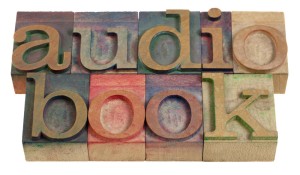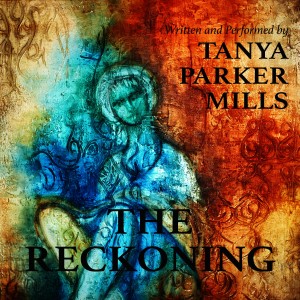(Over the next several days, I’m going to share a presentation here on my website that I gave at a recent writers retreat on changes the publishing industry is currently experiencing. I am no expert. Far from it. However, I have done a lot of reading and researching and have pulled together a lot of information useful to writers as we look into the future of a business very much in flux.)
In 1962, Thomas Kuhn wrote The Structure of Scientific Revolution, in which he popularized the concept of “paradigm shift.”
What is a paradigm shift? Kuhn described it as a “series of peaceful interludes punctuated by intellectually violent revolutions,” wherein “one conceptual world view is replaced by another.”  It’s usually driven by agents of change. Think of the advent of Agriculture (the plow), the Copernican system (telescope), Newtonian physics (discovery of the law of gravity), the Reformation and Education (printing press)Then think of all that has come into being since the advent of the Internet.
It’s usually driven by agents of change. Think of the advent of Agriculture (the plow), the Copernican system (telescope), Newtonian physics (discovery of the law of gravity), the Reformation and Education (printing press)Then think of all that has come into being since the advent of the Internet.
In our own generation, we have witnessed (or are witnessing) three big paradigm shifts in terms of the arts–first with movies, then with records, and now with books.
Hollywood started out with big movie studios like Warner Brothers and Metro Goldwyn Mayer, many of which have devolved into many smaller independent producers, but the really big change for the industry came with TV. At first, they worried that television would mean the end of the movies, but the studios got smart and aligned themselves with TV and cable networks so that, by the time everything went digital , they were still in control, reaping the benefits of TV and producing feature films as well as DVDs of those films. Producers and studios are still in control, but the more movie-making becomes computerized and digitized, the closer movie makers will come to dealing directly with their fans through the Web and bypassing studios altogether. Think YouTube and beyond. Video stores are already no longer necessary. The movie business is undergoing a paradigm shift.
, they were still in control, reaping the benefits of TV and producing feature films as well as DVDs of those films. Producers and studios are still in control, but the more movie-making becomes computerized and digitized, the closer movie makers will come to dealing directly with their fans through the Web and bypassing studios altogether. Think YouTube and beyond. Video stores are already no longer necessary. The movie business is undergoing a paradigm shift.
In the recording industry, for years we had records, and artists needed to be signed with major recording labels to get published, so to speak. The cassette tape only provided another way to package those recordings, but the real change came as music became digitized and Napster and then Apple  (think iPod and iTunes) made it possible for artists to bypass the big record labels once they had their audience, marketing directly to their fans. There are no more record stores. The music industry has experienced a paradigm shift.
(think iPod and iTunes) made it possible for artists to bypass the big record labels once they had their audience, marketing directly to their fans. There are no more record stores. The music industry has experienced a paradigm shift.
As with film and music, books are being similarly affected. The distance between the creator (i.e., the author) and his/her audience is shrinking through digitization. Bookstores are closing across the country. The publishing industry is undergoing a paradigm shift as we speak and all aspects of the business are being affected.
As Jason Epstein put it in a March 11, 2010 article entitled, “Publishing: The Revolutionary Future,”
“The transition within the book publishing industry from physical inventory stored in a warehouse and trucked to retailers to digital files stored in cyberspace and delivered almost anywhere on earth as quickly and cheaply as e-mail is now underway and irreversible. This historic shift will radically transform worldwide book publishing, the cultures it affects and on which it depends.”
Everyone who reads will be affected, but those whose jobs are most on the line are:
- Publishers (both traditional and non-traditional) and their employees
- Agents
- Booksellers (independents, chains, and online) and their employees
- Authors (both traditionally published and self-published)
What has proved to be the agent of change for publishing? I would argue that while Amazon.com has been to publishing what TV was to the movies, the real agent of change is the e-book.
More about the e-book and e-readers in my next posting.
Originally posted 2010-10-20 11:16:06.




